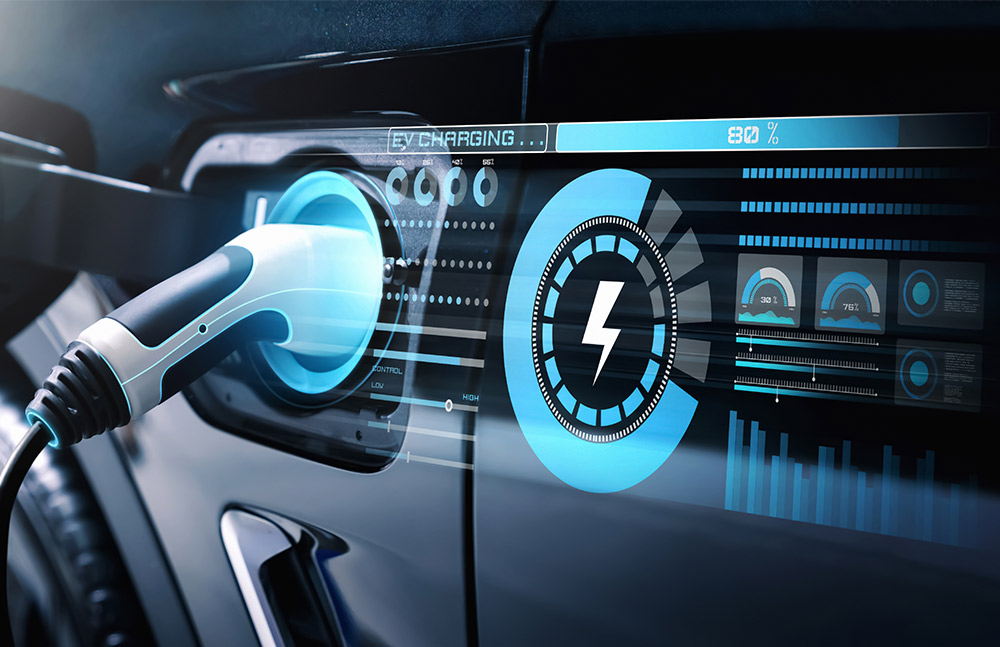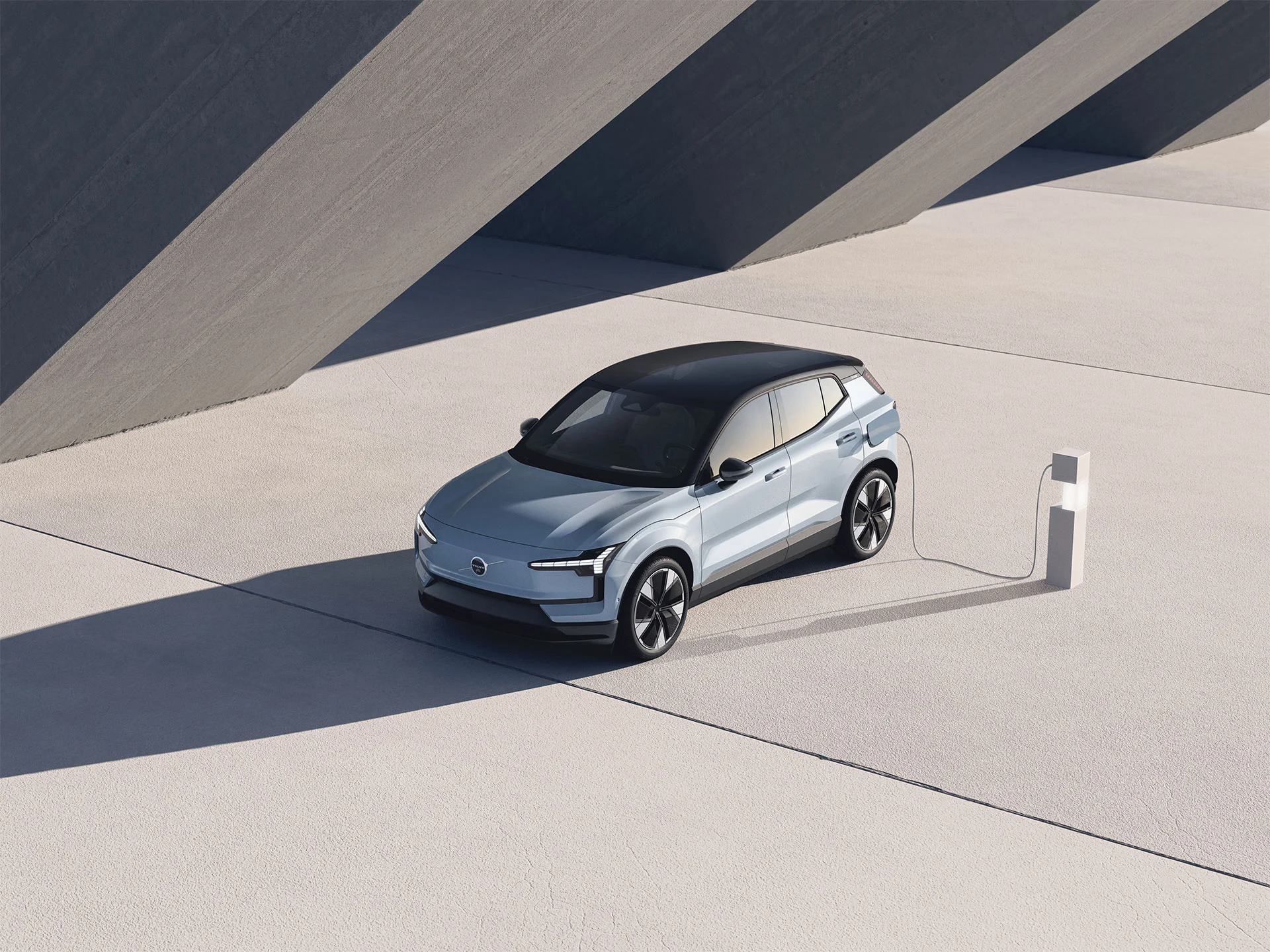
Table of Content
▼Hybrid vehicles are gaining on electric vehicles in India because they represent a gradual pathway to energy transition. The lack of charging infrastructure offsets the tax advantage that electric vehicles have over hybrids. Furthermore, electric vehicles are even more expensive to manufacture, research costs are not yet included in the price, and supply chains are relatively immature. This raises the question of whether electric vehicles should continue to enjoy their tax advantage over hybrid cars, which offer a cheaper and more realistic solution to controlling emissions. It depends on how lawmakers view hybrid cars. If they see it as a stimulus for electric mobility, there may be reasons to encourage the technology. However, this would put a large section of Indian car buyers in a half-trap.
Hybrid run on electricity generated by burning fossil fuels. This situation will not change as we move up the hybrid technology tree. Electric vehicles also run on electricity produced in India primarily from fossil fuels. However, the shift towards renewable energy sources is making electric vehicles increasingly less polluting. At some point in the future, electric cars will be much cleaner than hybrids. So do the two categories deserve the same fiscal encouragement?
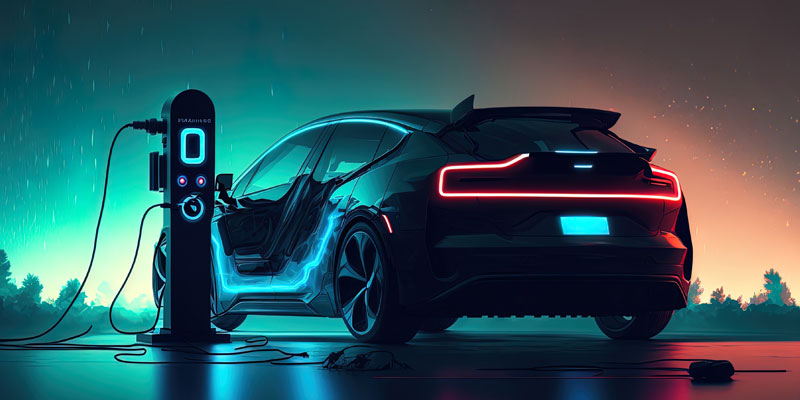
The lower cost of operating an electric vehicle is offset by its sticker price and convenience in charging. Furthermore, its value is accelerating as energy generation and storage technology will no longer be on par with internal combustion engines (ICE) in all three criteria. Tax breaks for hybrid cars risk slowing down the energy transition.
However, there may be immediate gains in emissions. A car owner who pays half as much for his hybrid car to get from home to the office is unlikely to ever go back to a gasoline engine. His next purchase will probably be an electric car that will get him there, for a tenth of the cost. This first change is already evident in hybrid car sales. The second transition is governed by the competing environmental regulations of fuel-burning cars and battery-powered cars. The fork in the road is real.
Also Read: Indian Army ties with Indian Oil Corporation to receive hydrogen fuel cell bus
Mehul Jain
EV Specialist & Clean Mobility Advocate. Mehul Jain is an expert in India’s evolving electric vehicle ecosystem, with a focus on EVs, charging infrastructure, and sustainable mobility. His articles cover everything from government subsidies to range insights, helping readers navigate the shift to cleaner transportation.
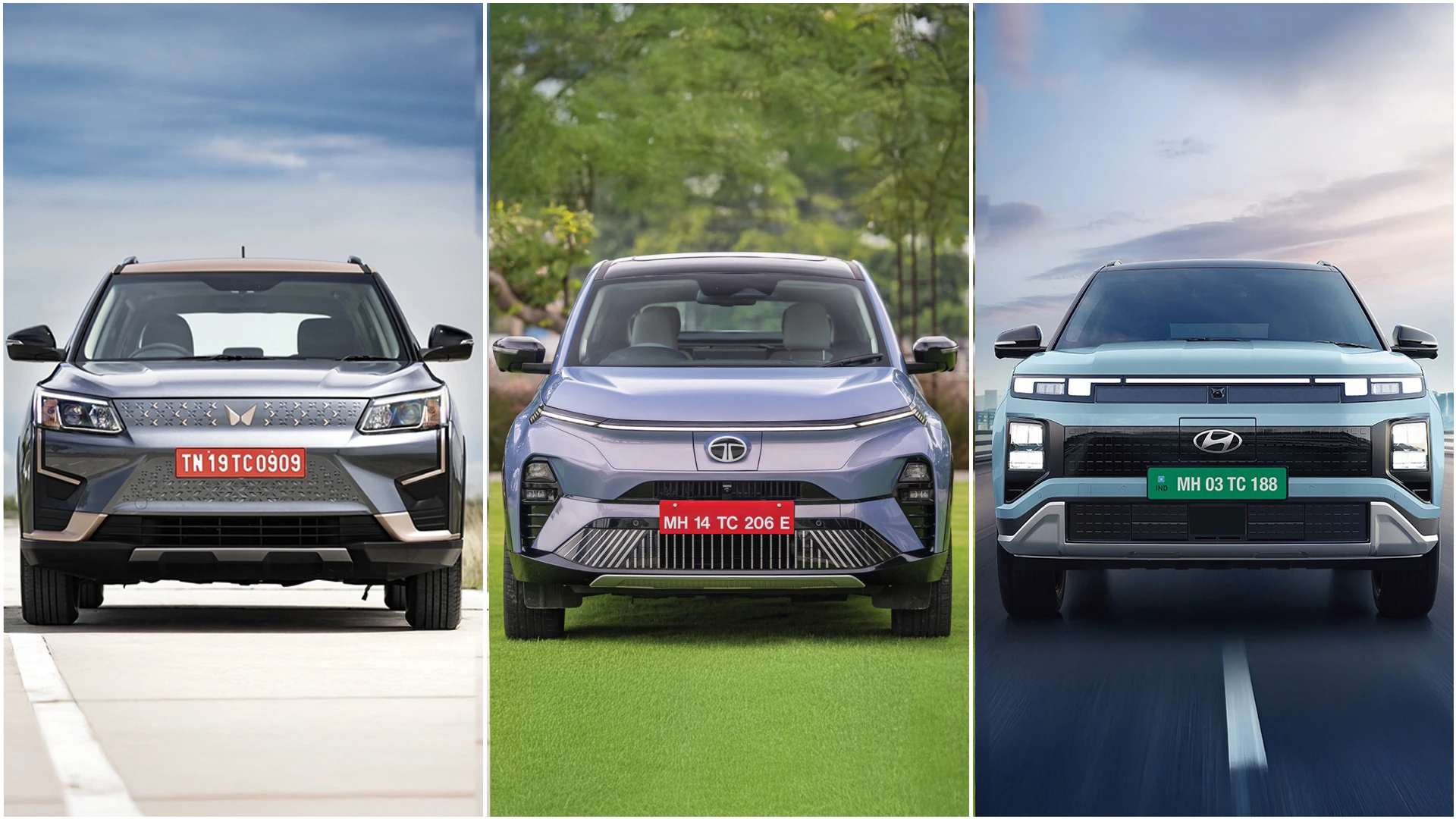
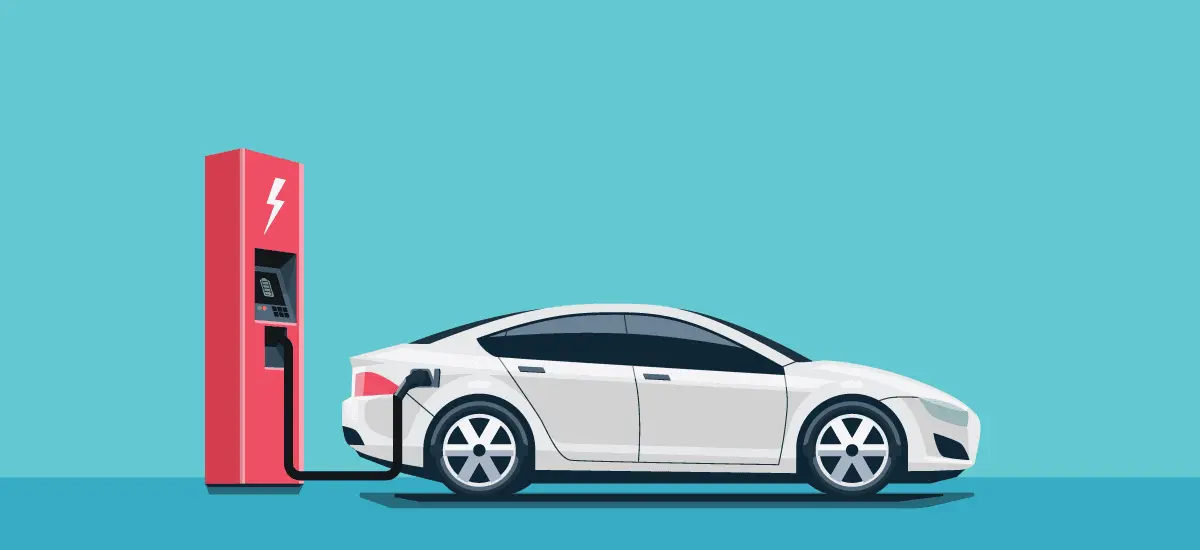

_1770886465.webp)
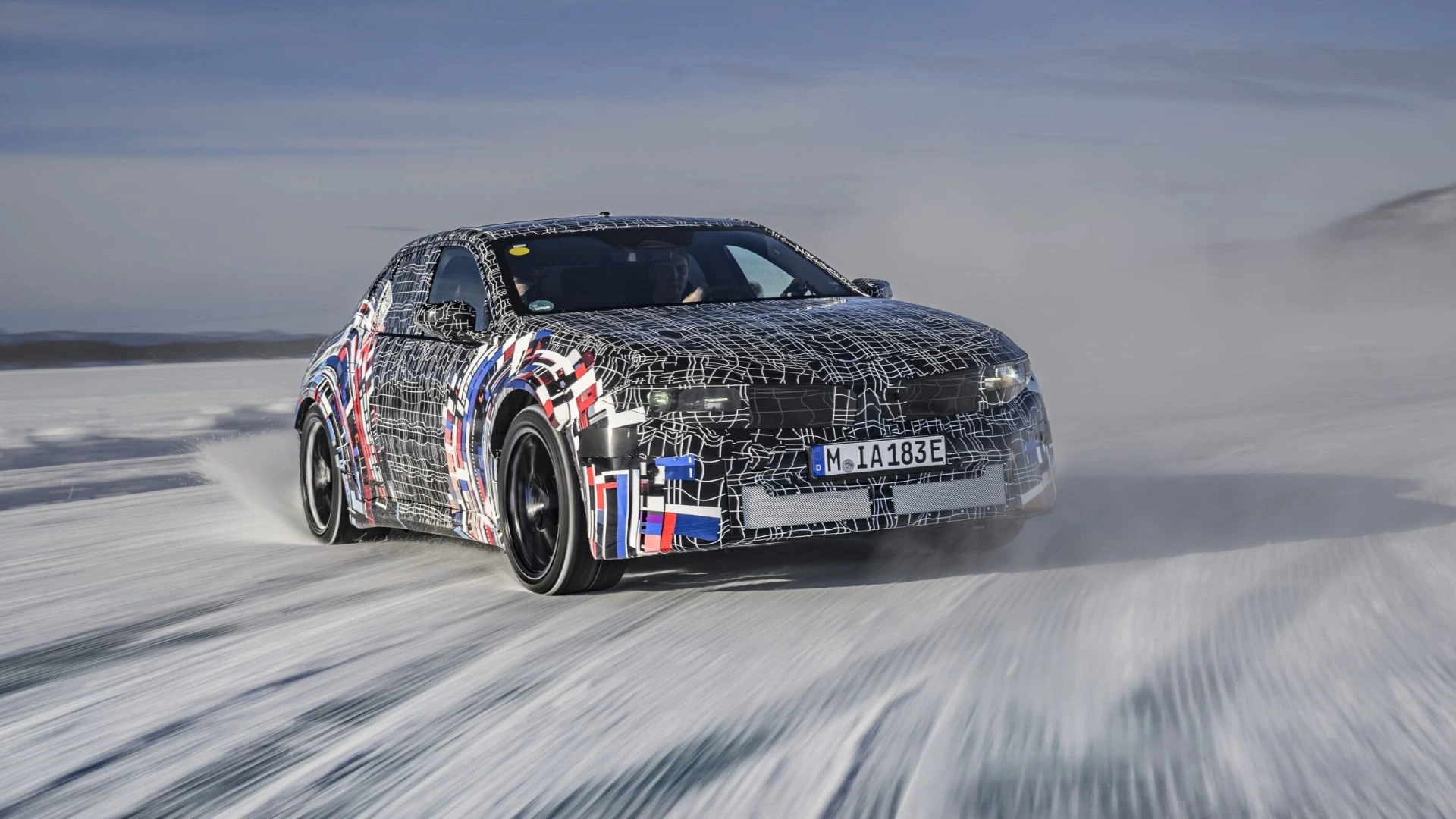
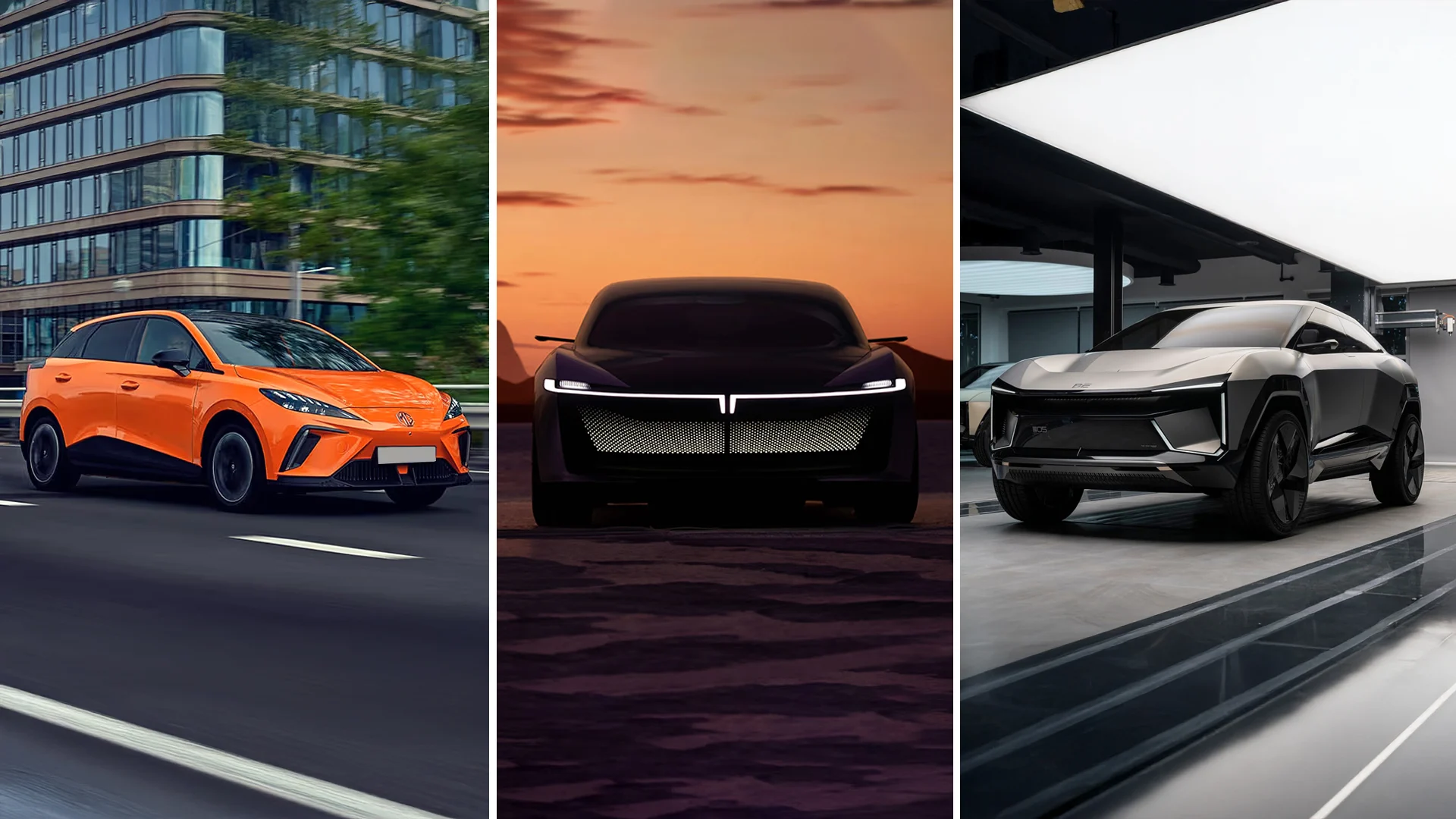
_1716799620.webp)

